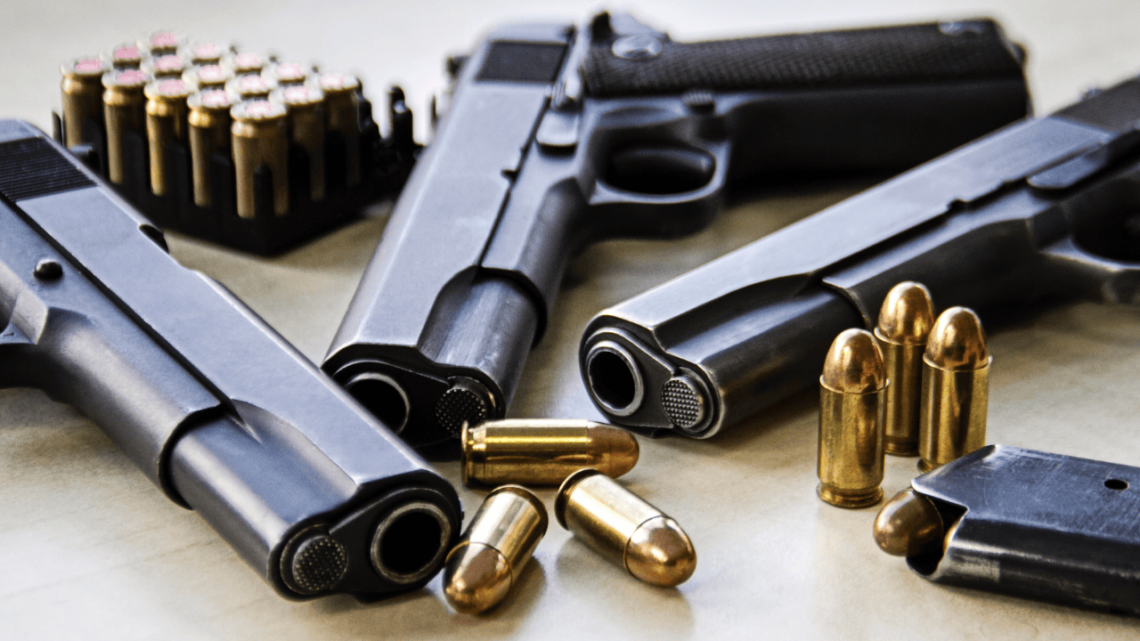Nigeria has witnessed a staggering 418 per cent increase in spending on arms, with weapons imports surging between 2022 and 2023, according to a thorough analysis of the National Bureau of Statistics’ foreign trade reports. Despite this significant uptick in defense expenditure, the nation grapples with persistent insecurity, raising concerns about the effectiveness of the government’s strategy.
Between January and September 2023, Nigeria’s spending on importing arms and ammunition reached N125.18 billion, a remarkable leap from the N24.18 billion recorded during the same period in the previous year.
The timing of this surge, particularly around the general elections period, suggests a strategic move by the government to bolster security during a politically sensitive time.
This increase in defense spending occurs amidst ongoing security challenges in various regions, including insurgencies in the northeast, banditry in the northwest, and communal violence in the central areas.
The government’s emphasis on arms imports may be interpreted as a response to growing insecurity and violence in the country.
However, the effectiveness of this strategy is brought into question as the security situation in Nigeria remains dire, with incidents such as kidnapping and violence continuing unabated. The complexity of the issue is further underscored by the possibility that some imported arms may end up in the hands of criminals, exacerbating insecurity.
In January 2024 alone, Nigeria witnessed a series of violent incidents, including attacks by Boko Haram insurgents, banditry, and communal violence, resulting in the loss of 261 lives in just nine days. This follows a trend of escalating violence, with over 3,600 people kidnapped and almost 9,000 Nigerians killed in conflict-related incidents in 2023.
The multifaceted nature of insecurity in Nigeria demands a holistic approach that goes beyond military solutions.
Addressing the root causes involves tackling issues like poverty, unemployment, and social inequality.





